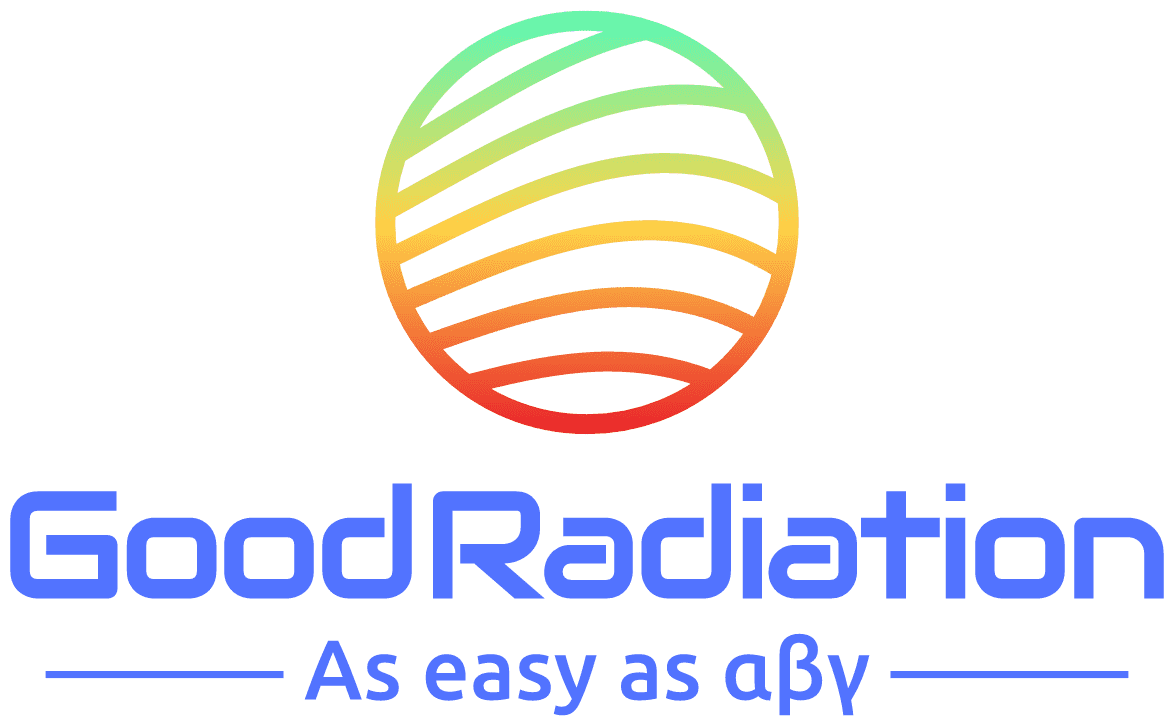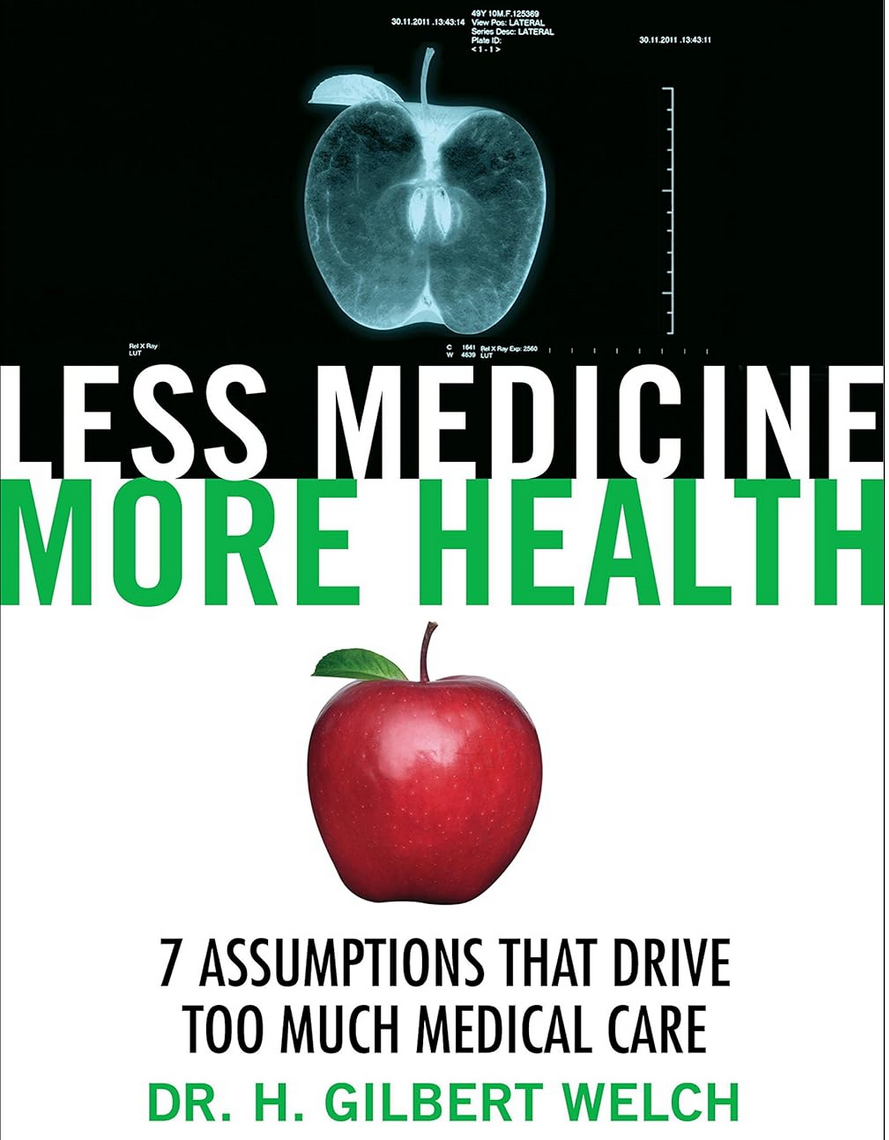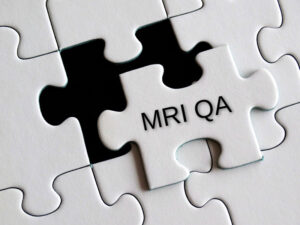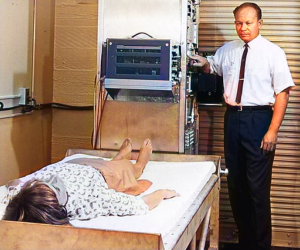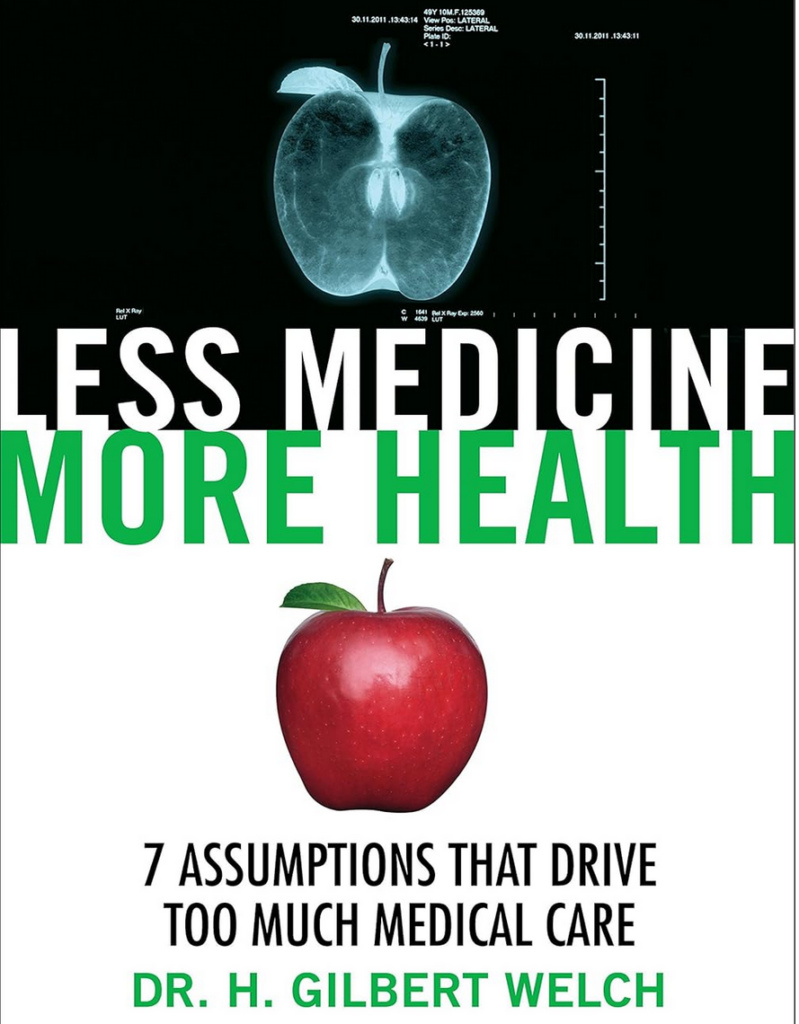
Less is more as a philosophy of minimalism started a long time ago in ancient Sparta (Το λακωνίζειν εστί φιλοσοφείν) but it has found many modern day applications from architecture to medicine ( https://jamanetwork.com/collections/44045/less-is-more ), some with more success than others.
My story begins Oct 1 with an annoying high frequency ringing in my left ear, also known as tinnitus.
I will not bore you with the details of my numerous visits to doctors of various specialists, mostly ENTs (Ear Nose and Throat Doctors), but also radiologists, neurologists, cardiologists, and pharmacists. Because the end result more than two months later is the same, regardless of all the tests, treatments and discussions I’ve had.
The ringing did not stop, I just learnt to ignore it. But I also realized and learnt a few things along the way, which I believe are applicable to the way medicine is practiced in general. In the below, replace tinnitus with any other condition and you will not stray too far off from the current situation.
First, is the sheer amount of completely unsubstantiated therapies that are encouraged, advertised, sold and tried, because they are allegedly proven to reduce or even stop tinnitus. This should come as no surprise given that tinnitus affects around 1 in 5 people. That is a huge pie to split, and after all, why not try this therapy or visit that specialist? What’s the harm?
The harm is that it gives false hope, wastes resources, and leads you down the wrong road. But desperate patients, who have tried “mainstream” medicine and for any reason it has failed them, are willing to try anything.
I will not mention any of magic potions or make-believe therapies or just outdated practice I encountered, as that would add more fuel to the misinformation fire, but suffice to say that finding high quality evidence that something actually works in your case is way harder than trying a million things that do not work, wasting your time/money, and creating further side effects from the treatments that did nothing.
But how do you know if something will work or not, without trying it? That is exactly the main problem. Few, including doctors, patients, patient advocates, health systems, authorities, have the time/skills/resources to carefully read through all the literature, the empirical evidence, the clinical trials, talk to specialists, and distill that information. After all, why would they? For some doctors, the patients keep coming and maybe the doctors consider themselves an expert who does not need to read anyone’s misguided or biased opinion.
And let’s assume that some kind of AI like LLM miraculously accurately distills all that information into a universally accepted and implementable protocol for the etiology, diagnosis, treatment of tinnitus to figure out what exactly works under exactly what conditions for exactly who, before trying it. Maybe for some conditions, like tinnitus uptodate or other similar sites have already done something along those lines.
For example see below
https://www.uptodate.com/contents/etiology-and-diagnosis-of-tinnitus
https://www.uptodate.com/contents/treatment-of-tinnitus
But guess what? Just like all the journals, clinical trials, and specialists, they are also behind a paywall. And who’s to say that when a test or treatment is rightly suggested, and actually useful, it can be performed according to the right procedures, at the right time, with the right dosage, by available and competent healthcare staff? The workforce shortage crisis is another topic for another time though.
In other cases, that information on what works does not exist yet, because running high quality clinical trials is complex and expensive, so maybe AI creating BS is the best approach. In short, finding out what works for your condition may be harder for you than the condition, in some cases.
My second point, closely related to the first one, is that the movement/idea of doing less is more in medicine has completely lost to the overdiagnosis/overtreatment/overspending movement. There is not even a question about it and it’s a problem all over Europe. See for example https://pubmed.ncbi.nlm.nih.gov/32303454/
Most people, including myself, will go from one specialist to the other, trying to find a cause or cure for something, especially when money is not a major issue and the government subsidized healthcare is considered a right to be abused.
But you have to draw the line somewhere. For me it is relatively easy. My problem is not life threatening or debilitating in any way. I know I’m lucky. I can just ignore it and go on with my life. But for those facing cancer, heart conditions and anything that requires immediate and hard decisions (i.e. after a serious accident), they can’t ignore it. They have to do something about it. And in doing something rather than nothing, the endless loop begins, of trying to cure something without breaking something else, of trying to find the cause of something without stumbling upon another broken thing which needs fixing and so on.
Sometimes the best and only doctor is time. If you fall in that group, count your blessings and move on.
If you read this far, thank you for your attention and stay tuned for the next post which will be more along the lines of good uses of radiation.
PS many more people have talked, written and reviewed the ideas above, mainly from the US. For example, see the book Less Medicine, More Health: 7 Assumptions That Drive Too Much Medical Care by Gilbert Welch (the cover of the book is the image in this post), and the vlog below with Rita Redberg & Vinay Prasad. But in keeping the minimalism philosophy, I will not delve more into it.
